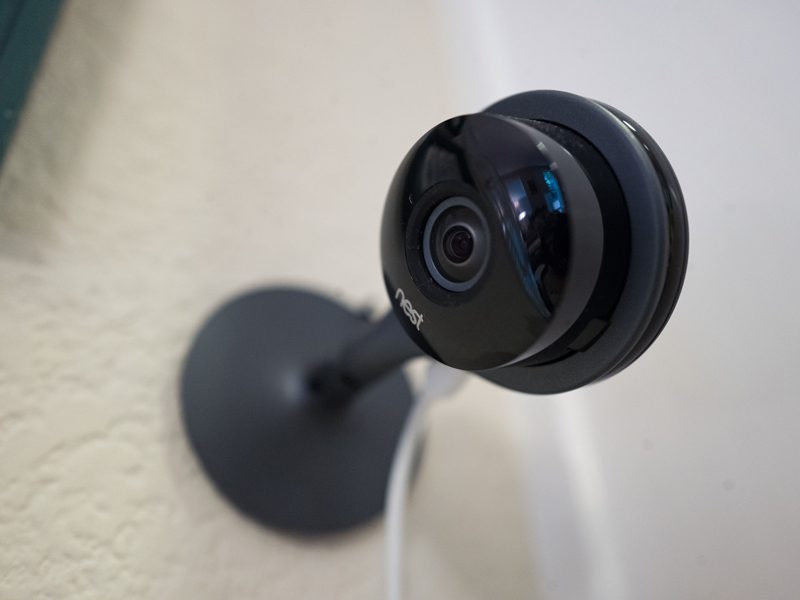Google forced to reveal which products have microphones following privacy backlash
Tech giant Google faces questions about the listening power of its devices after users discovered an undisclosed microphone in a home security device

Google’s Nest Secure device is fitted with a microphone, a detail that was unknown to customers as the feature was not mentioned in any product material for the device
Google has been accused of violating users’ trust after it failed to disclose that its Nest Secure home security and alarm system contained a microphone.
The company’s secret was revealed earlier this month when it announced that voice-activated Google Assistant technology could now be used on the Nest device.
The existence of a microphone on the Nest Secure has never been mentioned in any product material for the device, which a Google spokesperson said was “an error” on the company’s part.
The existence of a microphone on the Nest Secure has never been mentioned in any product material for the device
“The on-device microphone was never intended to be a secret and should have been listed in the tech specs,” the spokesperson told Business Insider.
Google added that the microphone has never been on and is only activated when users specifically enable it.
It claimed the microphone was originally included to the security device to support the addition of new features in the future, such as the capacity to detect broken glass.
A number of other Google security products, such as the Nest Cam camera and Nest Hello doorbell, do contain microphones, which facilitate their primary functions.
Some users have been surprised to learn that Google’s smoke and carbon monoxide alarm, Nest Protect, also contains a listening device. Unlike the Nest Secure, however, the existence of this microphone was divulged in all of the product’s marketing materials and product specification sheets.
This incident will do little for Google’s public image, which has been damaged by a number of privacy-related scandals in recent years. In 2010, an audit by Germany’s data protection authority revealed that Google Street View cars had been collecting private information including emails from domestic Wi-Fi networks. Google claimed that the gathering of this data was accidental and said it had never been used in any of the company’s products.
Google’s online products have also been plagued by security issues. Last October, the company announced it was shutting down the consumer version of social network Google+, due in part to a design flaw that allowed a mass data leak affecting up to 500,000 user accounts. According to a blog post on Google’s website, up to 438 different third-party applications may have had access to private information in the leak.
A number of prominent US lawmakers have jumped to criticise Google over this latest privacy issue, with California Senator Kamala Harris saying: “Americans shouldn’t have to fear that the products in their home could be spying on them.”
Silkie Carlo, Director of UK-based privacy campaign group Big Brother Watch, also lambasted the tech giant, adding: “Many of our worries about smart home devices appear to be proving true… Google should be held to account for wrongly advertising this product.”
Google’s failure to disclose the existence of the microphone in any product documentation is particularly concerning. Many are likely to see this omission as deliberate secrecy rather than a thoughtless error.
If it has any hope of rehabilitating its public image, Google must work to put an end to these secretive practices and demonstrate transparency in every area of its business in the future.













